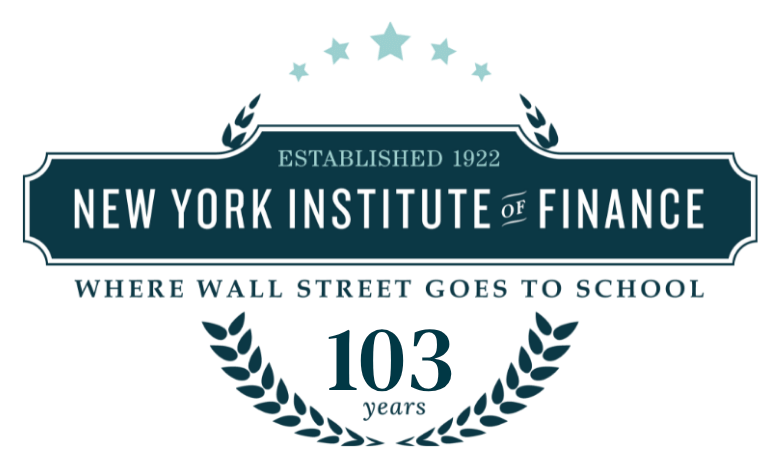The store will not work correctly when cookies are disabled.
JavaScript seems to be disabled in your browser.
For the best experience on our site, be sure to turn on Javascript in your browser.
Online Professional Certificate in Valuation
Explore the role of valuation in using concepts and principles from Corporate Finance, Mergers and Acquisitions, Business Valuation, Financial Statement Analysis. Students will receive a solid grounding in Valuation. It will also delve into valuation approaches, finance theory and practical applications to help managers understand key concepts that underline analysis and execution of financial decisions.
CPE Credits: 43
Duration : 5 hour
Introduction to Corporate Finance
The Financing Decision
The Time Value of Money
More Time Value Applications
Capital Budgeting Overview
Duration : 7 hour
Introduction to Financial Statements
Risk Analysis Using Ratios
The Impact of Accounting Principles
Valuation Basics
Duration : 6 hour
Introduction to Business Valuation
The Foundations of Free Cash Flows
The Weighted Average Cost of Capital
Terminal Value
The DCF Approach to Business Valuation
The Limitations of the DCF Approach
Duration : 5 hour
Overview of Mergers and Acquisitions
Risk Considerations for Mergers and Acquisition
Valuing the Acquisition Candidate
Financing the Acquisition
Integrating the Acquisition
Duration : 7 hour
Common Stock
Preferred Stocks
Equity Linked Issues
Indexes
Duration : 3 hour
Bonds and their Features
The Fixed Income Marketplace
The Fixed Income Regulatory Environment
Duration : 7 hour
Basics of Forwards and Futures
Introduction to Options
Trading Derivatives
Introduction to Swaps
Duration : 3 hour
Introduction to Corporate Credit Analysis
Industry and Company Forecasting
Credit Rating and Credit Scoring
Define the present value of money. Identify factors affecting the flow of corporate funds. Relate the Efficient Markets Hypothesis (EMH) to corporate financial decision making. Recognize the formulas involved in solving for different examples of present and future value. Evaluate investments by calculating interest rates, annual bond yields, and stock prices. Discuss the factors that affect interest rates and borrowing costs for financing projects. Recognize the advantages of using Net Present Value versus Internal Rate of Return to calculate the value of a project. Recall when and how to use the profitability index to rank the value of a project. Determine the value of projects that have different life spans using the approaches called lowest common denominator and annual equivalency cash flow. Recognize the significance of the debttoequity ratio to the financing decision and why firms may choose debt. Calculate the cost of equity under various leverage ratios. Recognize the value drivers of free cash flows. Identify components of the calculation of free cash flow from the value drivers using the direct method. Understand the general context of accounting standards and the two most widely used sets of standards in the world (U.S. GAAP and IFRS) Define leverage in terms of its influence on the WACC. Determine the elements necessary to calculate the aftertax expected cost of debt. Recognize the elements of the CAPM formula. Describe the role of beta in determining the cost of equity. Define terminal value and its role in company valuation. Using the DCF approach, determine whether or not the Keebler acquisition added value to Kellogg's. Identify the impact of changes in value drivers, WACC and terminal value assumptions on a base case valuation through sensitivity analysis. Understand limitations of the DCF methodology. Recognize some of the risks associated with common stocks and how returns are generated on preferred stocks Identify the characteristics of rights and warrants, and the basic characteristics of options on equities Describe the major types of bonds and the different types of capital and money market securities Identify methods using forwards and futures for hedging and speculation Recognize the terms used when investing with options and how swap agreements are facilitated.
Credit Advisors and Analyst, Investment Advisors, Sales Executives, Traders, Market Makers, Auditors, Valuation Analysts, Mergers and Acquisition Consultants, Attorneys, Business Development Professionals, Financial Planners, Economists
